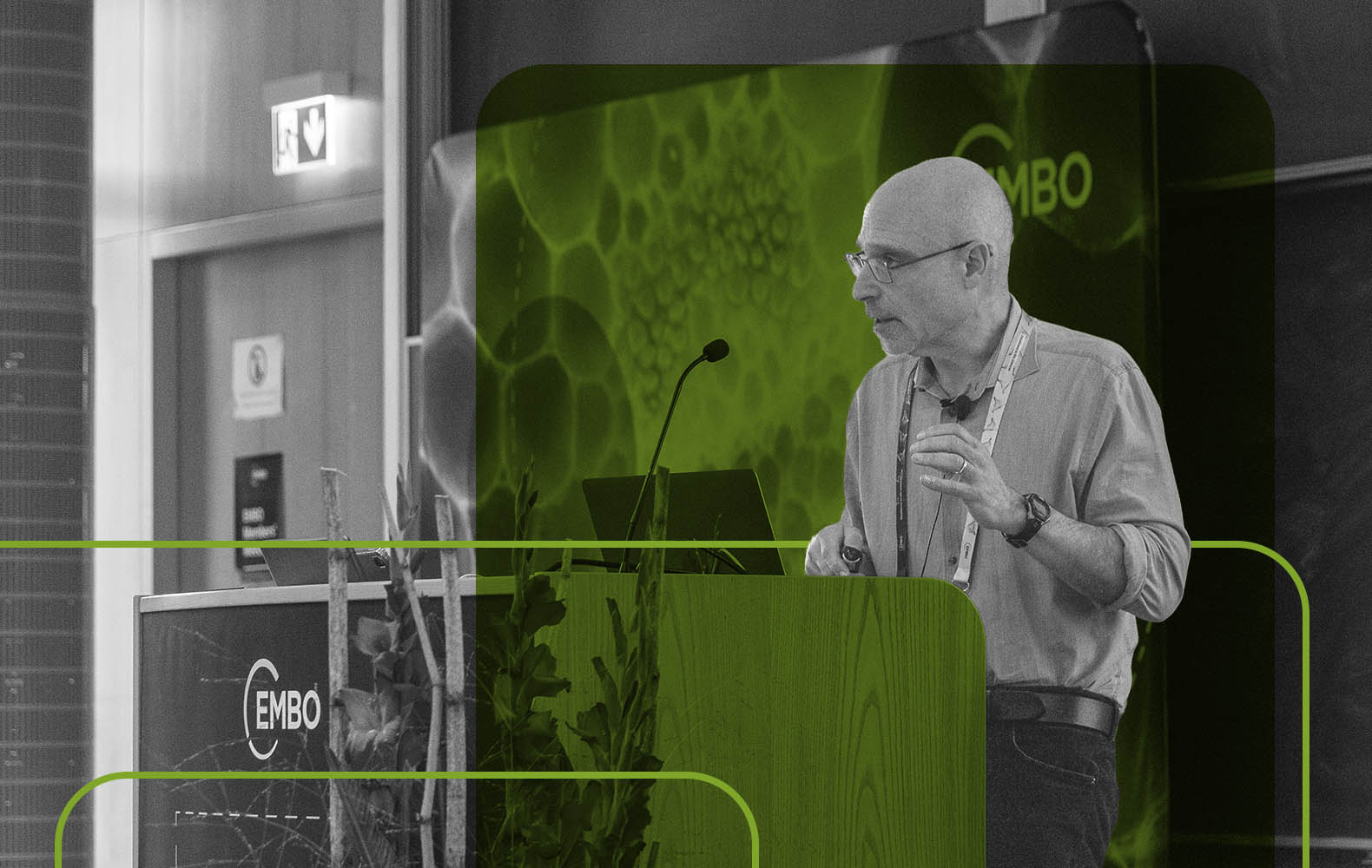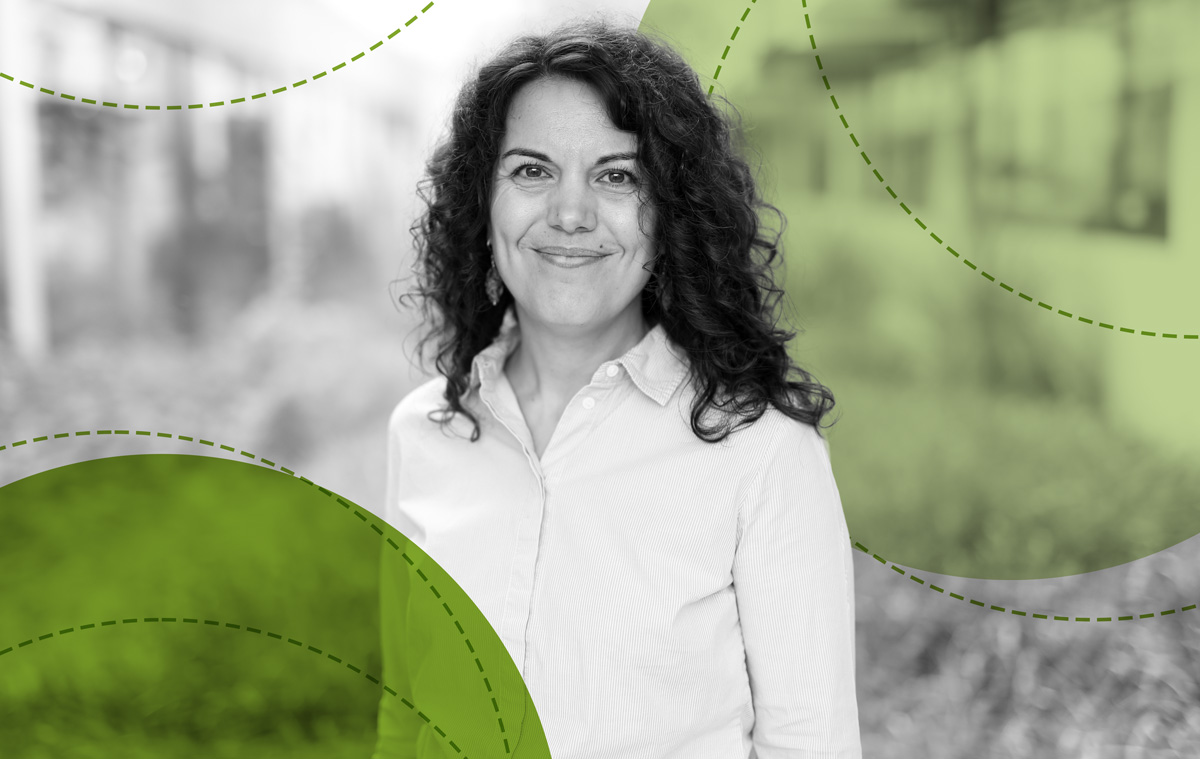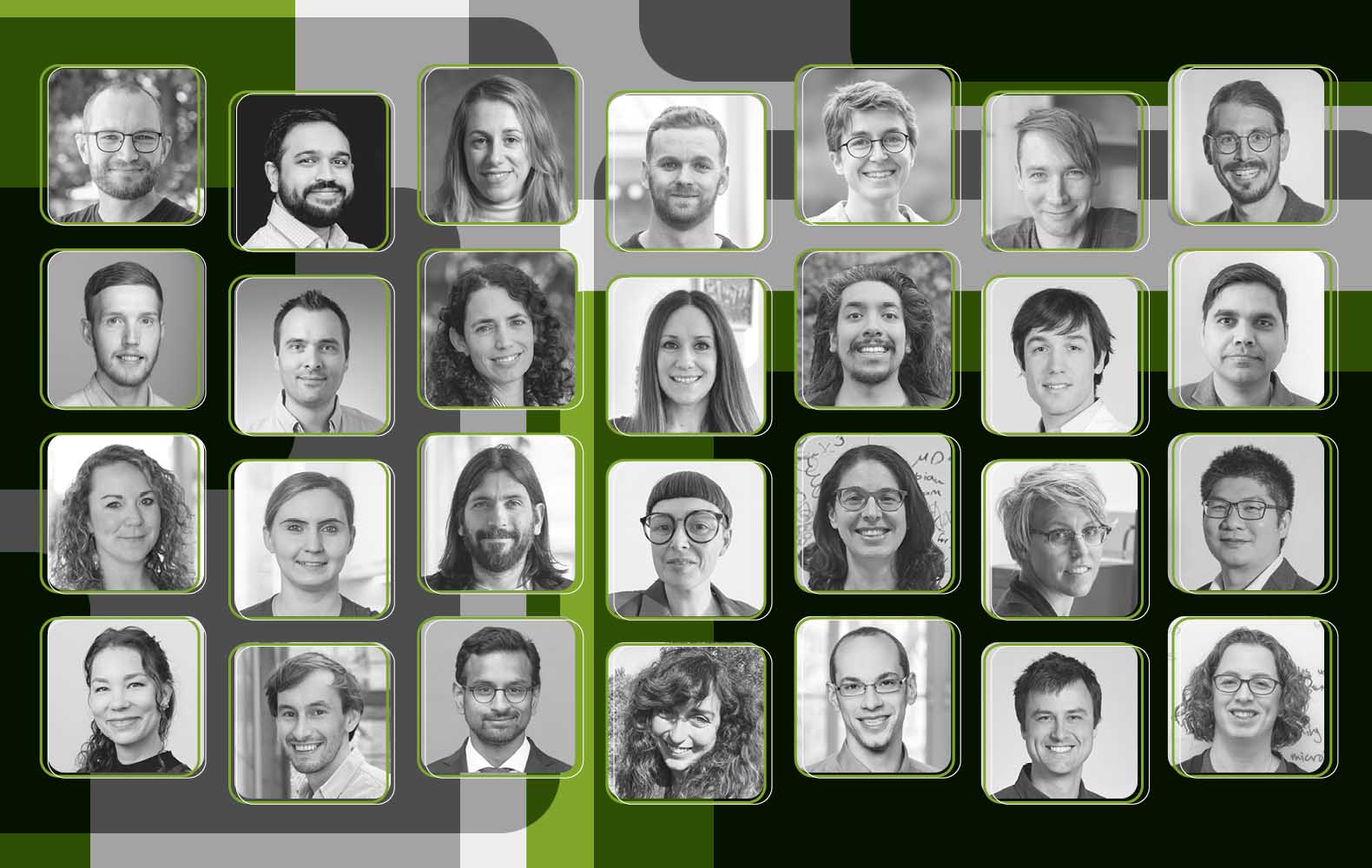Madeline Lancaster studies the brain. We talked with her about international research, the importance of EMBO to her career and advice for young students.
What was your reaction when you realized you had created a cerebral organoid – a ‘mini-brain’?
It was not planned in any way. It was curiosity-led, and I had the funding from the IMBA (Institute of Molecular Biotechnology) in Vienna, EMBO and the European Research Council that allowed me the freedom to explore and go in a completely unpredicted direction. A lot of times you cannot predict big discoveries. I was essentially just playing with cells, letting them do what they are already programmed to do, and it is remarkable how robust developmental processes are. If you simply support the cells, they build the brain themselves!
How important is your discovery?
The most important impact so far is the worldwide uptake of this method being used now to answer all kinds of questions about anything, from basic biology to understanding how the brain develops to neurodevelopmental diseases and even later onset neurodegenerative diseases like Alzheimer’s. People are using this method in combination with more classical models like mouse models and 2D cultures and it is starting to have real world impact. People are developing new therapeutics that are starting to enter clinical trials and for me that is exciting because my own research is very much focused on trying to understand what makes the human brain unique. To see others using what I have created to actually start developing therapies that will help people with devastating conditions is really rewarding and not something that I necessarily predicted. It is very nice to see.
Was it a Eureka or a series of ‘that is odd’ moments?
Probably more ‘that is odd’. That is actually the best moment in science! I could not have predicted the kind of impact this would have, but I just saw these cells self-organizing and making a structure in 3D. I remember looking down the microscope and thinking ‘wow, that actually looks like a neural tube’ — the structure that is the basis of the brain. Then it was a lot of hard work trying to make it happen reliably.
Will we ever fully understand the brain?
I would like to say yes, but it will be a long time. It will probably be one of the last frontiers that we conquer as a species. Even though in the lab we are – in a way – creating these organoids, it is not really us creating them. These organoids are building themselves following rules and principles that we do not understand. A lot of what happens in the brain is behind a curtain and will take a long time to understand. But we now have these models that allow us to start to pull back that curtain and try to understand what is going on. It is incredibly complex, but the brain still follows the same chemical and physical principles of the rest of the natural world.
Do you ever get complimented on your achievements?
I was at a conference and talking to somebody in the buffet line and he was telling me about his work and then asked what I do. And then he looked at my badge and he was like ‘oh, my gosh. Wait, you’re famous!’ It was very humbling and really nice to hear that people appreciate the work that my lab does. The people in my lab benefit from the exposure as well.
Why did you move to Europe after your PhD in the United States?
I had always wanted to live in Europe. There is a different approach to science in Europe than in the US. The focus is on really understanding the basic biology driving particular processes – fundamental insights. I was told it was a bit of a risk, but there are great scientists in Europe, and I have never looked back.
How important has EMBO and its networks been for you?
My EMBO Membership, Young Investigator award and Fellowship have been a fantastic way to make connections with people all over Europe who you might not necessarily meet otherwise. A lot of times you go to academic conferences, and they are specifically in your area, so you already know everybody there and already collaborating with who you want to collaborate with. Going to the EMBO Members’ Meeting or others that are outside my focus area has allowed me to connect with people who are studying completely different topics, like sea sponges and stuff like that. But then it turns out that we are both doing a lot of single cell RNA sequencing and we have common problems such as cross species comparisons. It has been a really nice way to access a more diverse array of methods and approaches and viewpoints. There are also opportunities to make friends because when you move from a postdoc to being a PI it can be a little lonely. The people in your lab are not your friends, they are your employees and so it is not the same dynamic. It is nice through the Young Investigator Network to make friends with people at a similar career stage.
What advice would you give to someone considering a career in the life sciences?
Follow your heart! If that is what you are really excited about, then that is what you should do. If you really love what you do, then it is not really work. I feel as if I get to do my hobby and get paid for it. It is hard work, and you do have to careful to avoid being completely consumed by it. Having a family has been very good for my work life -balance because if it was not for them, I would probably be in the lab until 9pm or 10pm at night every night!



